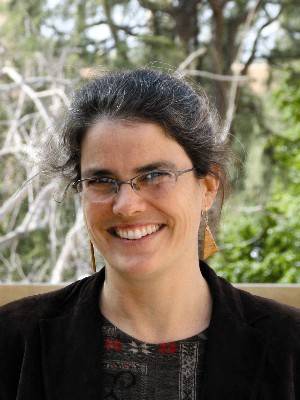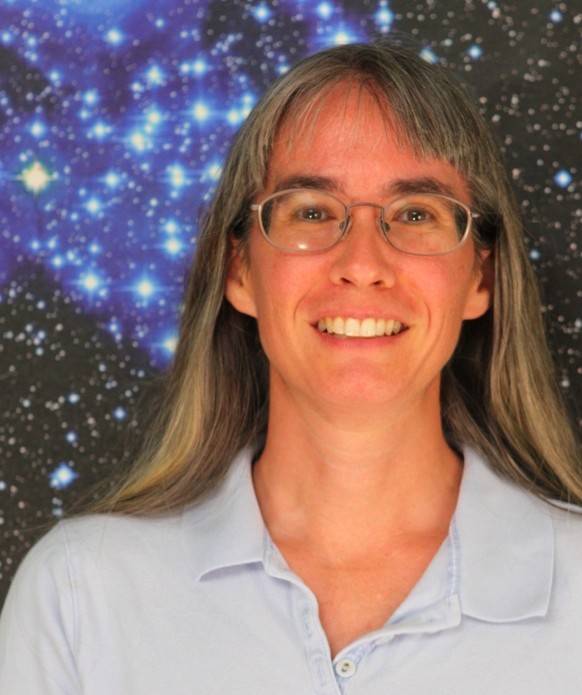Astronomers: ‘We’re sort of dead in the water’


The protests surrounding the construction of the Thirty Meter Telescope on Maunakea and the closure of the Maunakea Access Road affect not only the future of astronomy, but its present, as well, according to astronomers who use the telescopes already in place on the mountain.
Andrea Ghez, a professor of physics and astronomy at UCLA and science adviser to W.M Keck Observatory and TMT, has a 10-member team on the island this week to observe the black hole at the center of the Milky Way, the galactic home of Earth.
ADVERTISING
Ghez and her team were immediately affected by the decision made Tuesday to remove all observatory staff from the mountain for safety reasons.
“The way this closure is affecting us is we had a night of observing time (Tuesday) we lost due to the closure,” said Ghez, who acknowledged scientists do their observations remotely at the observatory’s base station in Waimea. “We need the observatory staff to be at the summit to operate the telescope. When they’re not on the summit, we can’t do our observations.”
Nadine Manset, resident astronomer and astronomy group manager at Canada France Hawaii Telescope, said operations at CFHT also have been brought to a standstill.
“If we cannot perform operations, we’re sort of dead in the water until we can resume operations,” Manset said. “… We serve astronomers in Canada, in France and also astronomers from the University of Hawaii. The observatories on top Maunakea serve an international community. … So it’s really international, the effect of this situation.”
According to Manset, CFHT works to confirm discoveries made by the University of Hawaii Institute for Astronomy’s Panoramic Survey Telescope and Rapid Response System, or Pan-STARRS.
“Basically, what we won’t be able to do is confirm whether those discoveries are asteroids or comets. We won’t be able to tell where they’re coming from,” she said. “There was an interstellar asteroid or object that was discovered a few months ago called ‘Oumuamua. That’s an example of (a) great discovery that CFHT and other observatories can make, but since we’re not operating, we’re going to miss out on those.”
Manset said CFHT also had time scheduled Wednesday night for the Maunakea Scholars Program, which provides observation time on the mountain’s world-class telescopes to Hawaii high school students aspiring to careers in astronomy.
Ghez has performed black hole research for a quarter-century at Keck, and was named one of “20 Young Scientists to Watch” by Discover magazine, which said “she has assembled the best evidence yet for the existence of a supermassive black hole at the center of our galaxy.” She said she and her team had booked a week on the telescope and the time is irreplaceable.
“In terms of the loss, the work we are doing at the observatory is observing how the black hole affects the environment,” she said. “And it’s so dynamic; the way it looks this year is not the same as it will look next year. So it’s not possible to come back another time and capture what you would have seen … . And for the run that we have right now, we’d actually coordinated many telescopes that will operate at different wavelengths, so we could get a coordinated view. … So we’ll be missing the really precious view that we’d get from Maunakea.
“Maunakea is just the best place in the world to do this kind of work. It’s really unparalleled.”
Manset called the standoff between TMT protesters, who refer to themselves as kia‘i, or “protectors” of the mountain, and the TMT, the state, law enforcement and the construction industry “unfortunate.”
“It makes us sad because we do want to share our discoveries,” she said. “And a lot of people, the astronomers, the observatories, firmly believe we can share access to the mountain. We can share our discoveries. We can share what we learned. And we’re willing to do that. But it doesn’t appear that everybody agrees with that, and our access is currently blocked. So we’re on standby.
“We’re patient, and we’re just hoping for a peaceful resolution to this situation.”
Both scientists said they have no idea how long the shutdown of the observatories will last.
“I’ve been working here for a very, very long time,” Ghez said. “From a purely scientific point of view, I’m saddened to lose a night. But from a larger perspective of understanding that this is a mountain that we want to share, we want to be culturally sensitive. In the long term, I’m hoping to come to a resolution that everybody’s happy with. I think it’s important that we respect that Maunakea means different things to different communities.”
Email John Burnett at jburnett@hawaiitribune-herald.com.






